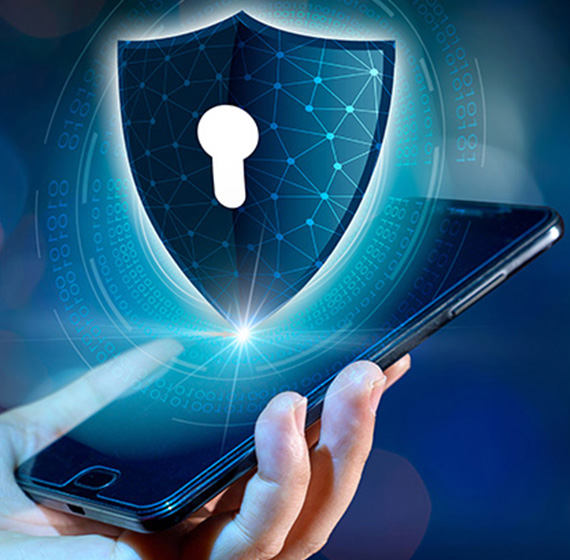Cyber Security in Trade and Finance

12/08/2020
Trade and Cybersecurity go quite hand in hand. The expansion of the internet and it seemingly wide use in business, e-commerce and communication and information flow. However, innovation has its trade offs: this era of Machine Learning, Artificial Intelligence, always-on connectivity of IOT(internet of things) Devices, and cloud computing will need a constant monitoring and adaptation of improved Cyber security policies.
As global interconnectivity grows, so does exposure to the risks and costs of cyberattacks. Especially int he Covid laden times, governments and enterprises saw a rise in cyber attacks rising two to three folds. These attacks can be as simple as phising emails trying to lure you into putting out your password in a dubious 'look alike' site, or can be sophisiticated and targeted data hacking attacks trying to exploit zero day vulnerabilites in your technology stack. Javascript injection codes steal credit card details from e-commerce sites, supply chain hacks can exploit third party services and software to compromise a bigger final target or even governments.
Recent ransomware cyrpto malware attacks (WannaCry) attributed to North Korea infected more than 200,000 computers across 153 countries, costing hundreds of millions of dollars damage. What is clear is a lack of cybersecurity is costly and can undermine the trust of consumers and business in engaging in digital trade.
Protecting trust in a digitally connected world necessarily involves collaboration across borders between the public and private sectors because global networks, organizations, and supply chains rely on the same systems and software, most of it supplied by enterprises, and they face the same threats.
Adoption of Cyber Security Policies
The importance of cybersecurity is leading countries to adopt cybersecurity policies. According to one estimate at least 50 countries have adopted cybersecurity policies and regulation. Some of these cybersecurity policies recognize a need for international cooperation: the EU identified “a need for closer cooperation at a global level to improve security standards, improve information, and promote a common global approach to network and information security issues ….” and the most recent U.S. Cybersecurity Strategy reaffirms the need to “strengthen the capacity and interoperability of those allies and partners to improve our ability to optimize our combined skills, resources, capabilities, and perspectives against shared threats.
If you are an end-client, don’t fixate on the need to use AI or biometrics, or the latest form of behavioral economics – focus on the problems you need to solve. When a supplier talks about their latest widget, ask them to spell out the benefits to you, and if they start talking just about the features, stop them. One of my preferred questions to suppliers of innovative tech is “What problem do you solve?”. You would be amazed at how many times they either a) do not have a clear idea of the problem their system solves, or b) they are unaware of that there are already
Our Cyber Security Solutions
We provide end-to-end consultancy, implementation as well as maintenance cyber security policies. We can provide IT Audits to find out problems and vulnerabilities in your software, hardware, IT setups and even how data is handled and used. We offer PCI Compliance guidance and trustworthy industry standards to forsafe your company from cyber fraud.










